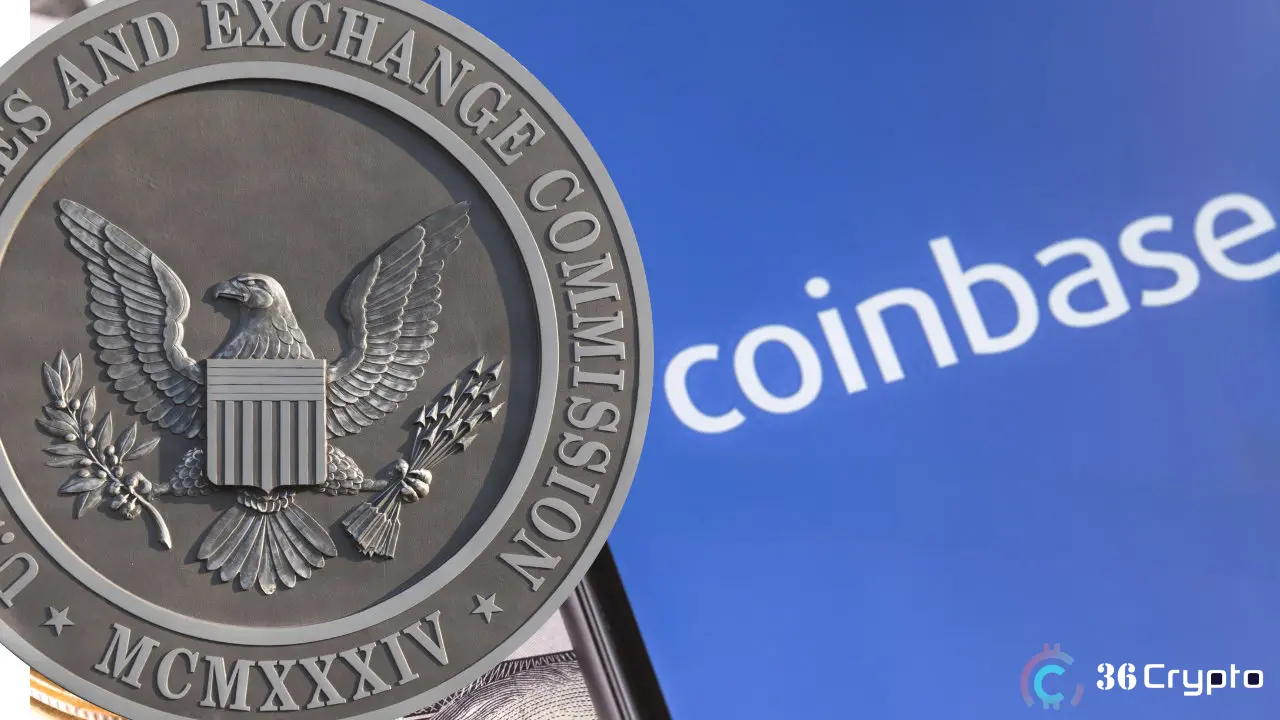Coinbase and its Chief Legal Officer, Paul Grewal, have initiated legal action against the U.S. Securities and Exchange Commission (SEC) and the Federal Deposit Insurance Corporation (FDIC). This lawsuit, filed in late June 2024, accuses these regulatory bodies of attempting to undermine the cryptocurrency industry. Grewal, described by James Murphy on X (formerly Twitter) as the “intrepid detective,” claims that the actions of these agencies are part of a broader crackdown referred to as “Operation Choke Point 2.0.”
Coinbase’s legal action aims to file a lawsuit against the SEC and FDIC to force the agencies to provide information on their plans and measures regarding cryptocurrencies. Consequently, Coinbase seeks certainty on how the SEC categorizes crypto securities to avoid future regulatory issues. Further, the platform seeks information regarding the ‘pause letters’ of the FDIC, which reportedly scolds financial institutions for dealing with crypto assets.
Also Read: Coinbase Expands Token Listings with zkSync and Moonwell, Announces New Access for New York Users
Legal Action Aims for Transparency
Grewal’s recent X posts have highlighted a significant issue: the absence of clear rules from those regulatory agencies. Coinbase has filed a lawsuit to compel the agencies to explain how they intend to regulate cryptocurrency. According to Grewal, the SEC has seemingly been unwilling to offer the necessary degree of regulatory guidance. He also accused the FDIC of influencing banks to deny banking services to the crypto industry to limit finance for digital asset ventures.
The pressure driving the ongoing scrutiny has had material consequences. United Texas Bank and Customers Bancorp have been severely affected as the regulators have criticized their involvement in cryptocurrencies. This has led to growing assertions that the agencies are now in synergy toward marginalizing and suppressing the crypto industry.
Industry commentator MetaLawMan has criticized the need for crypto platforms like Coinbase to undertake their investigations. He argues that regulatory bodies and law enforcement should address these issues rather than leave them to the affected parties.
This legal battle highlights the increasing tension between cryptocurrency firms and regulatory agencies. As the lawsuit progresses, it could significantly change how crypto regulations are enforced and how transparency is achieved within the industry.
Also Read: Coinbase’s Legal Chief Criticizes SEC’s Ambiguity on FTX Repayment Plan
